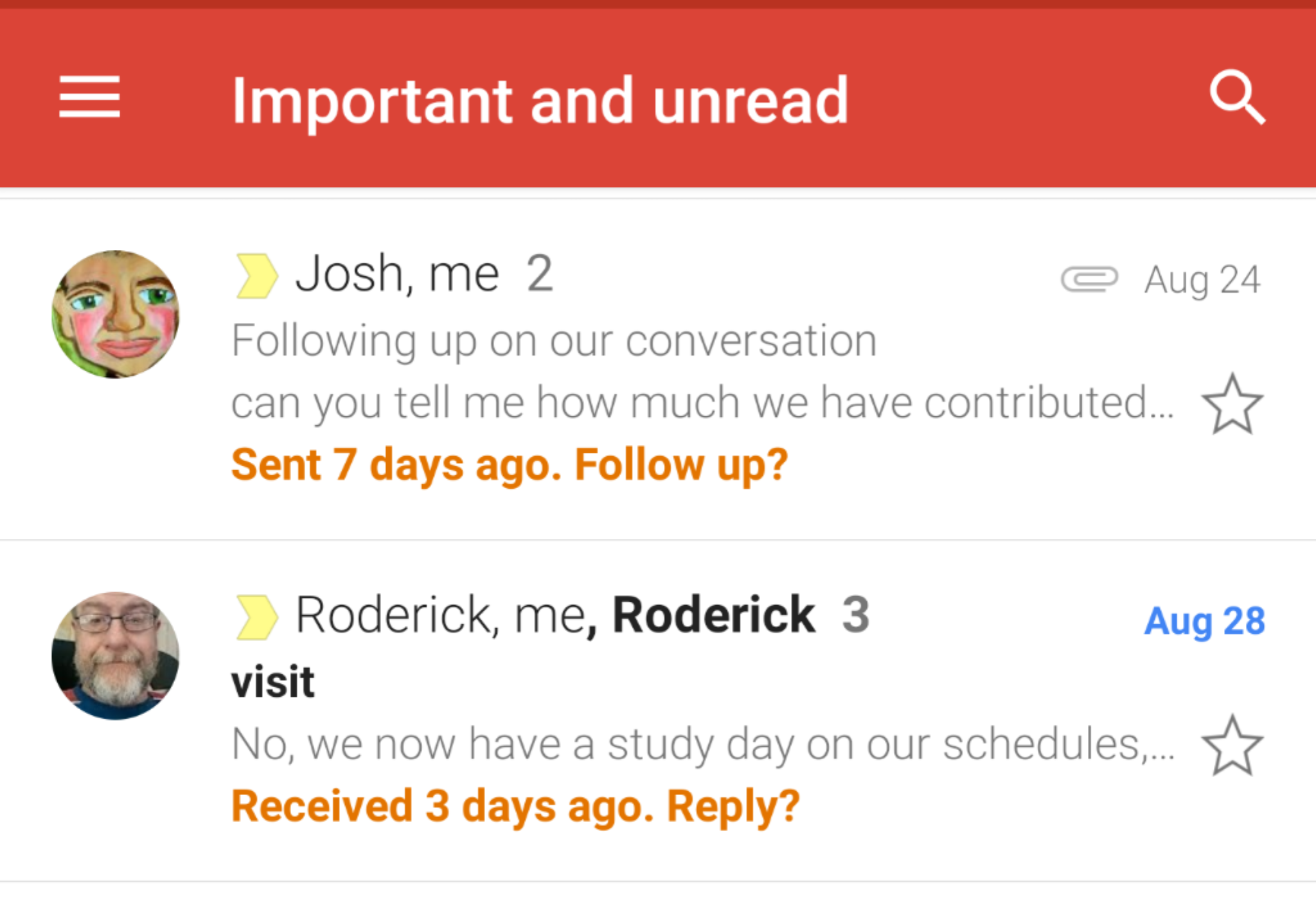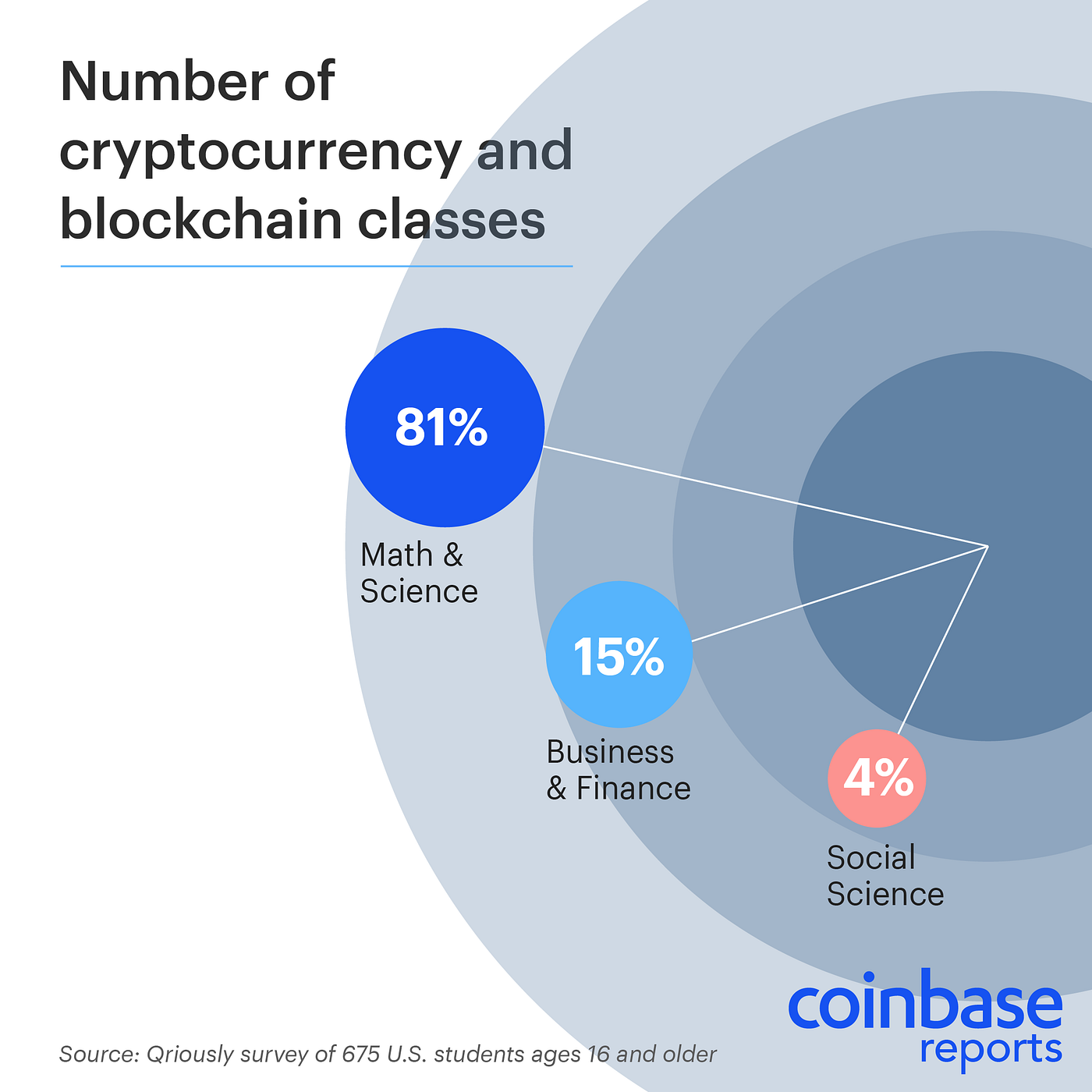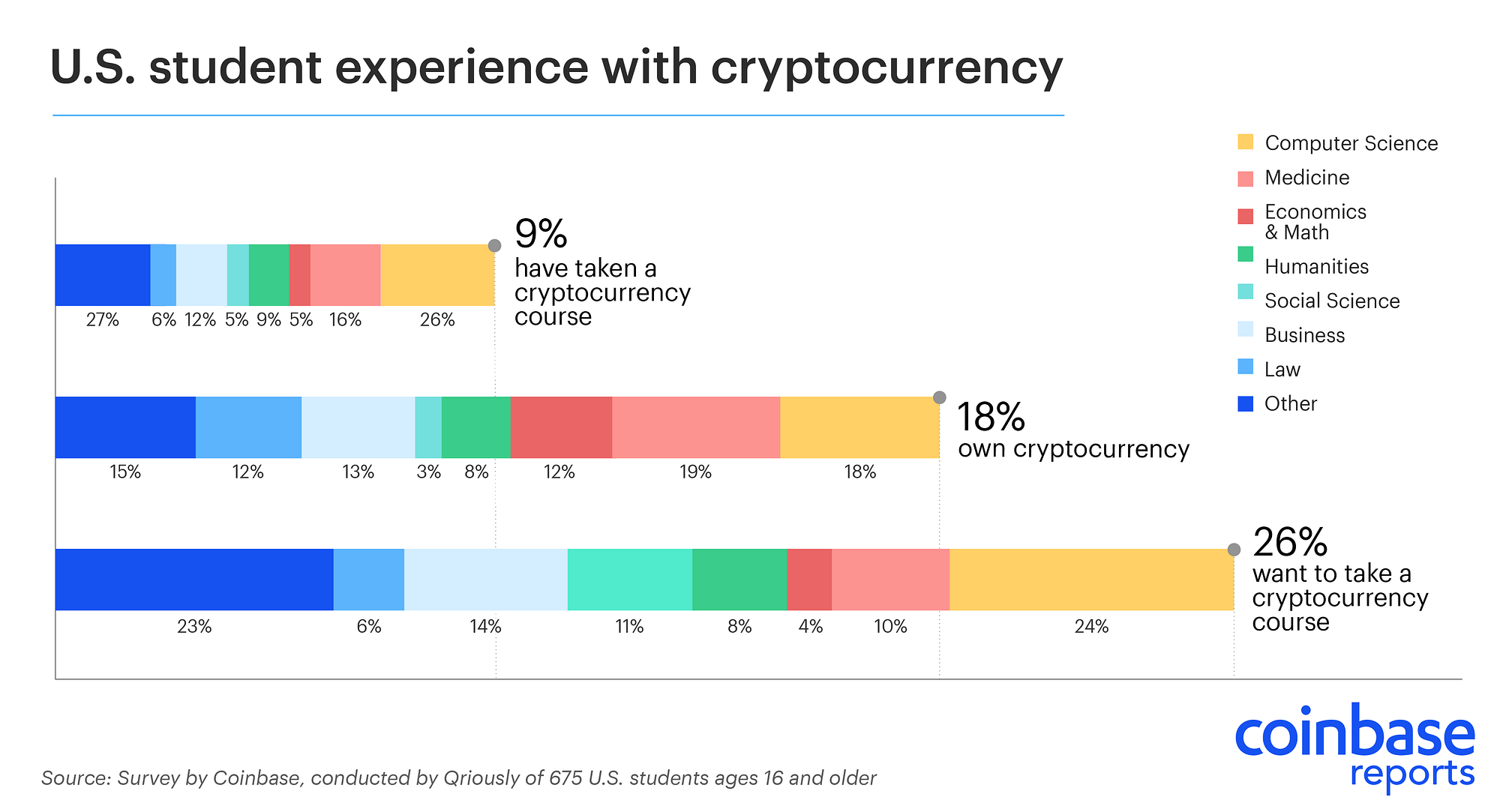The back and forth that Elon Musk did over the last few weeks about being public begs the question about whether the challenges of operating a public company outweigh the benefits.
Elon wrote this in a letter to Tesla’s employees:
As a public company, we are subject to wild swings in our stock price that can be a major distraction for everyone working at Tesla, all of whom are shareholders. Being public also subjects us to the quarterly earnings cycle that puts enormous pressure on Tesla to make decisions that may be right for a given quarter, but not necessarily right for the long-term. Finally, as the most shorted stock in the history of the stock market, being public means that there are large numbers of people who have the incentive to attack the company.
I fundamentally believe that we are at our best when everyone is focused on executing, when we can remain focused on our long-term mission, and when there are not perverse incentives for people to try to harm what we’re all trying to achieve.
A few weeks later, Elon wrote this:
After considering all of these factors, I met with Tesla’s Board of Directors yesterday and let them know that I believe the better path is for Tesla to remain public. The Board indicated that they agree.
So which is it?
I strongly believe that being public is the best form of shareholder ownership for the vast majority of companies and advocate for that path to the companies in the USV portfolio that have the opportunity to be a public company.
The pressure of quarter to quarter execution is hard on a team. But running a company is hard. And the accountability that comes from this quarterly reporting is a good thing too. If you have problems in your business, you can’t hide them. You have to come clean about them, deal with the implications of them, and fix them.
The long-term vs short-term thing is the critique I hear most often. But I don’t buy it. The best run public companies manage to think and act with a long-term focus while being public. I think it comes down to leadership, courage, and foresight more than whether you are public or not.
Stock price volatility is a factor no matter if you are public or not. At least when you are public, everyone knows when your valuation is going down. Private companies are able to hide that from their employees, the media, and others. Which is just kicking the can down the road and that always ends badly. I prefer the transparency of being public on this one.
And the short seller argument is nonsense. People are always working against you. Your competitors are working against you. The media may be working against you. The regulators may be working against you. Short sellers are just another group that wants to see you fail. But they are not the only ones and you can make them pay by executing against your commitments and guidance.
For me, it just comes down to leadership, courage, execution, and setting and meeting expectations. All good companies must have those in place. If you do, being public is not only manageable but preferable.
And I am pleased to see more and more high growth tech companies coming to this conclusion and taking the plunge.





